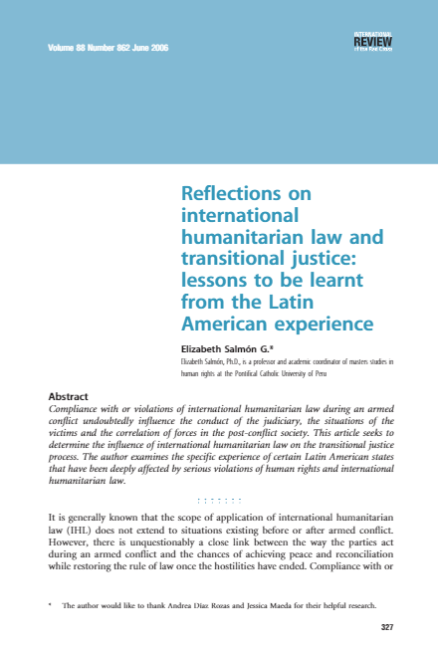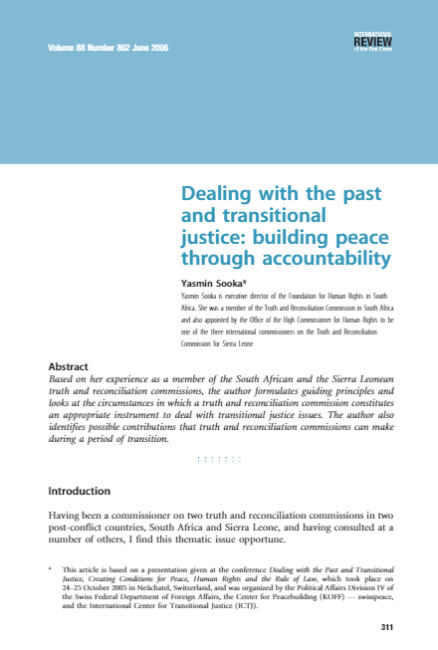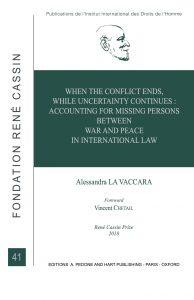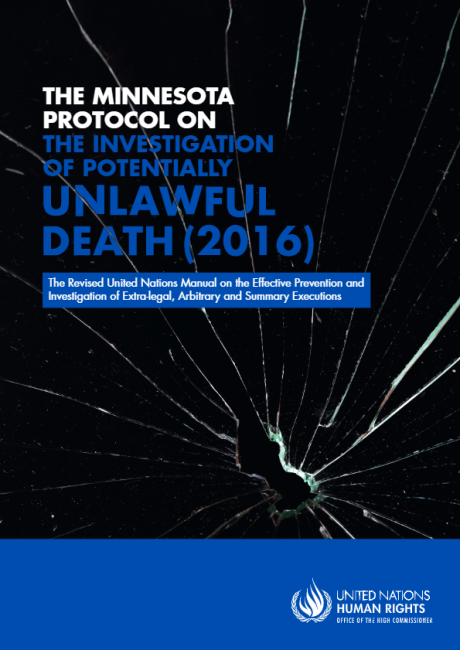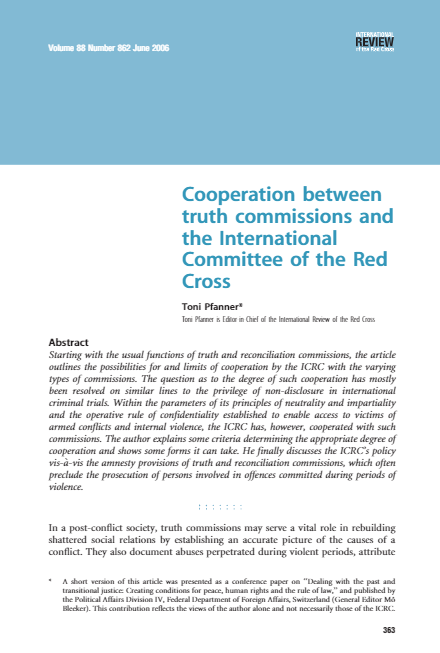
Cooperation between truth commissions and the International Committee of the Red Cross
Starting with the usual functions of truth and reconciliation commissions, the article outlines the possibilities for and limits of cooperation by the ICRC with the varying types of commissions. The question as to the degree of such cooperation has mostly been resolved on similar lines to the privilege of non-disclosure in international criminal trials. Within the parameters of its principles of neutrality and impartiality and the operative rule of confidentiality established to enable access to victims of armed conflicts and internal violence, the ICRC has, however, cooperated with such commissions. The author explains some criteria determining the appropriate degree of cooperation and shows some forms it can take. He finally discusses the ICRC’s policy vis-à-vis the amnesty provisions of truth and reconciliation commissions, which often preclude the prosecution of persons involved in offences committed during periods of violence.


